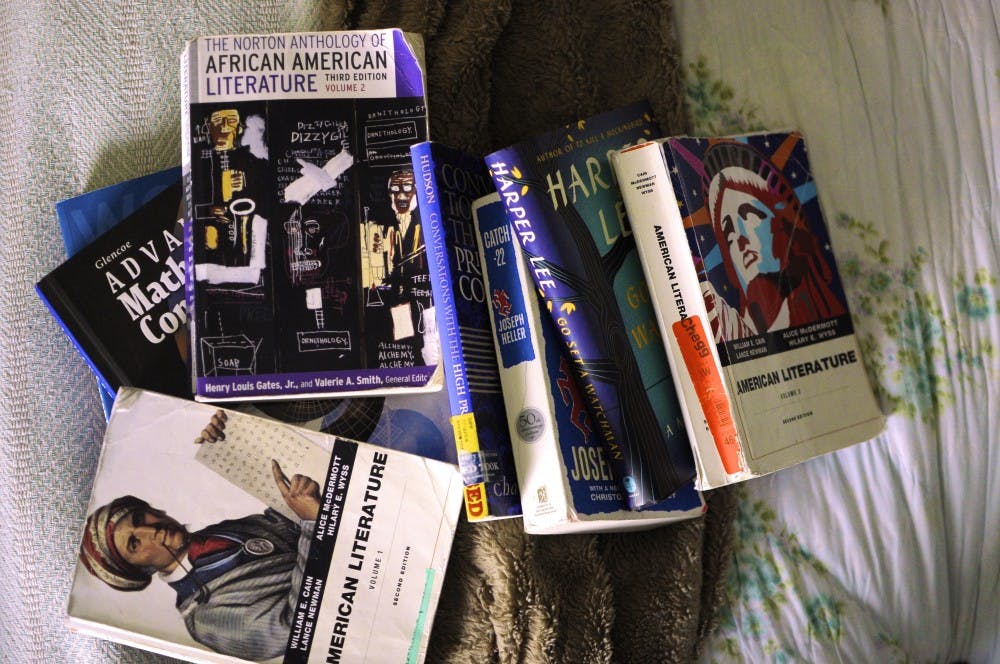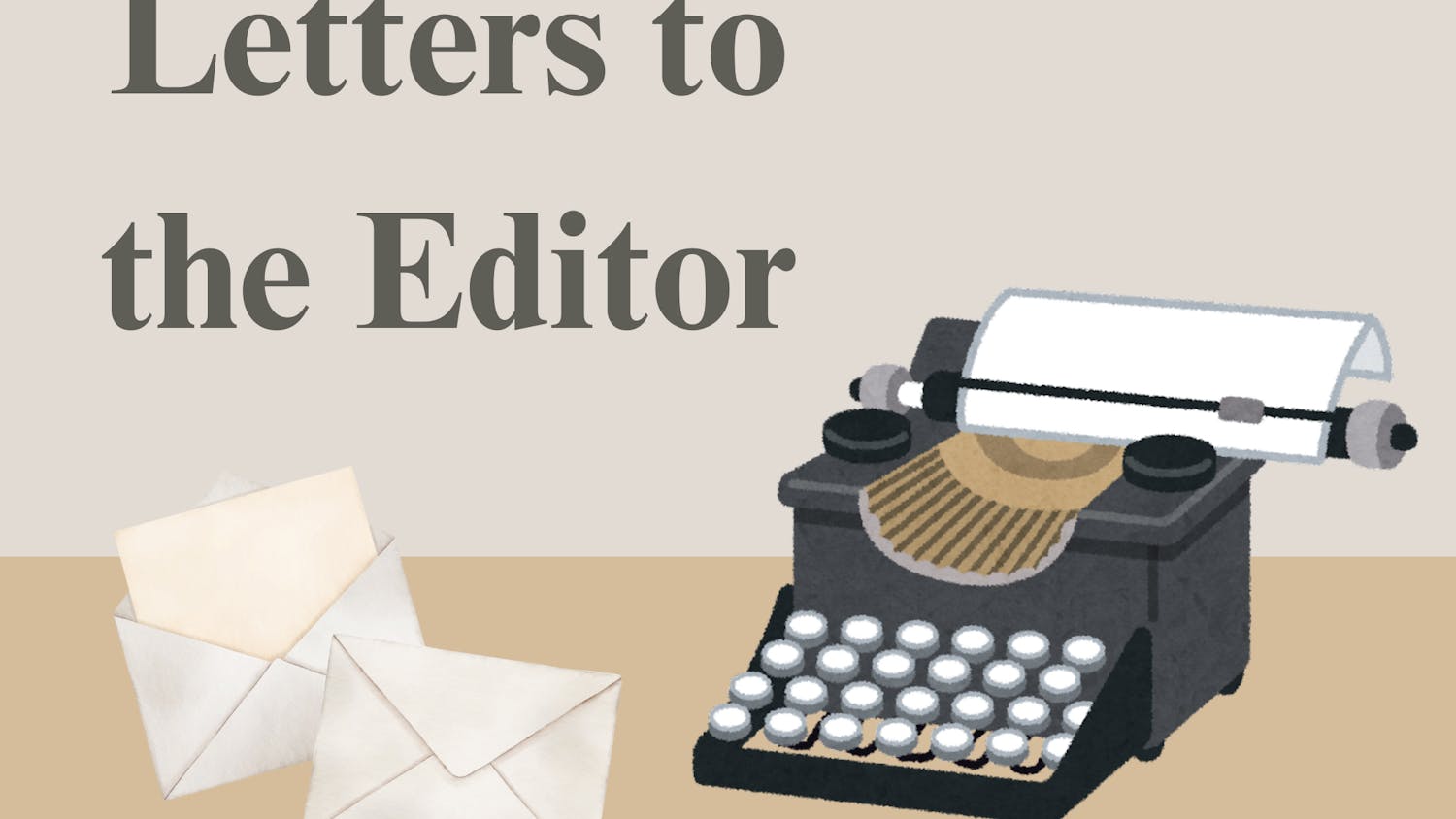According to a consumer price index posted by the U.S. Bureau of Labor Statistics in 2016, the price of college textbooks has risen 87.5% from January 6, 2006, to July 2016.
Statistics show that the soaring rise in textbook costs is the most inflated of all the increasing college-related expenditures. College tuition and fees have risen over 60% and housing more than 50% in the past decade, according to the U.S. Bureau of Labor Statistics.
As the price of textbooks climbs higher, many students are foregoing their semesterly trip to the bookstore, choosing to complete classroom assignments without the aid of a textbook.
Some students, like Carol Allison, junior in environmental design, said they didn’t want to spend money on textbooks that they ended up not using in class.
“In the past, I’ve purchased chapter books, and we haven’t even used them for the class, so I decided not to buy it this year,” Allison said.
It is stressful to spend hundreds of dollars purchasing books for classes that she is required to take but are not related to her major, and Allison said a lot of her books are collecting dust now.
“The cost of books hasn’t hit me as hard as some people for sure, but because my family is too middle class to qualify for scholarships or financial aid, everything definitely adds up and could easily become a burden,” she said.
Allison said she would appreciate it if the name and price of required textbooks were made more accessible when registering for classes because this information would affect her class selection.
Carter Alexander, junior in integrative biology, has also forgone purchasing textbooks for some of her classes. She said she felt as if certain textbooks weren’t necessary for certain classes and did not affect her overall grade for the semester.
“I didn’t think it was worth it. I figured I could make it in the class on my own,” Alexander said.
Alexander said she understands why textbooks come with a high price tag, because the publishing companies make money off of the purchases and the writers have to get credit, but the integrative biology student said she doesn't like budgeting hundreds of dollars every semester on top of other college expenses such as tuition and housing.
Alexander’s younger sister, Emory Alexander, is a freshman studying pre-business. She said she also doesn’t understand the seemingly steep prices.
“It makes me feel like I’m getting ripped off,” she said. “If I don’t need it, then why is it so expensive?”
In fall 2019, Emery Alexander said she took an economics class and did not purchase the textbook listed on the syllabus. Her professor told the class that the textbook was not required but was optional if a student wanted an extra resource.
“I thought that was really helpful to know up front,” she said.
She said she also appreciated her professor being honest about the textbook because she saved money, learned the information and still did well in the class.
Ben Hurst, senior in marketing, said he feels like textbooks can be a ripoff to students because the books are often unnecessary to succeed in class.
“They are too expensive, and I don’t need them because I learn the information without the textbook," Hurst said.
Do you like this story? The Plainsman doesn't accept money from tuition or student fees, and we don't charge a subscription fee. But you can donate to support The Plainsman.





